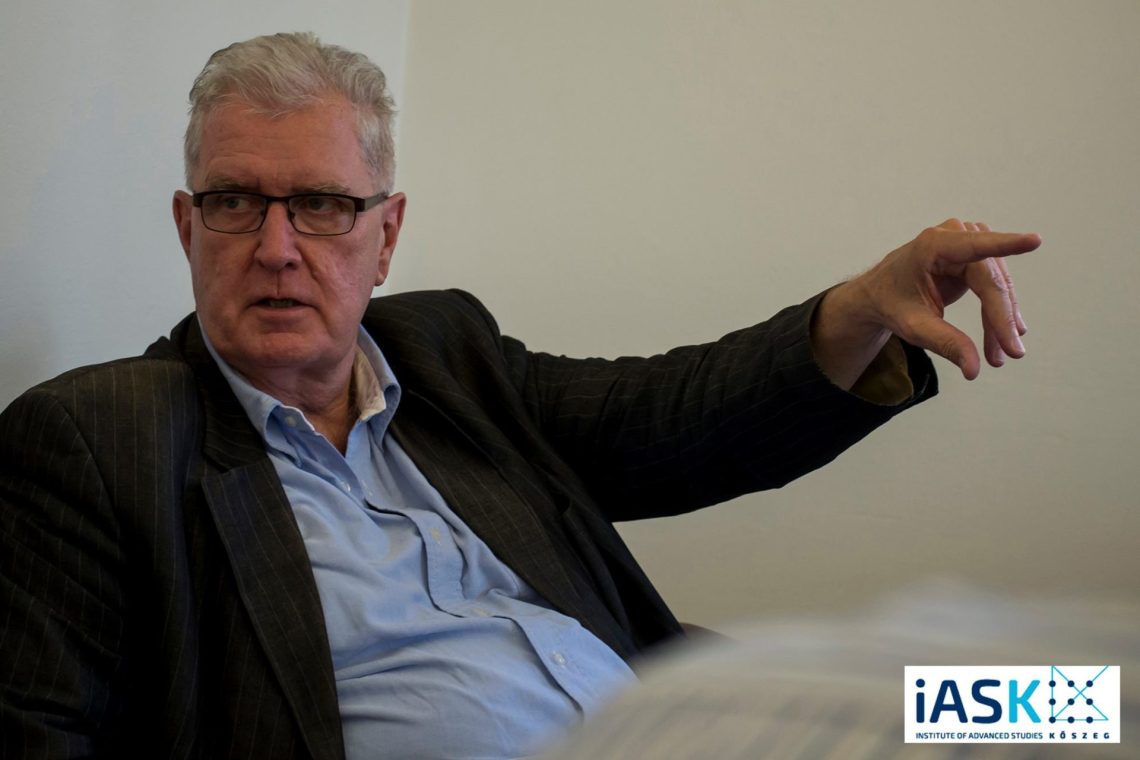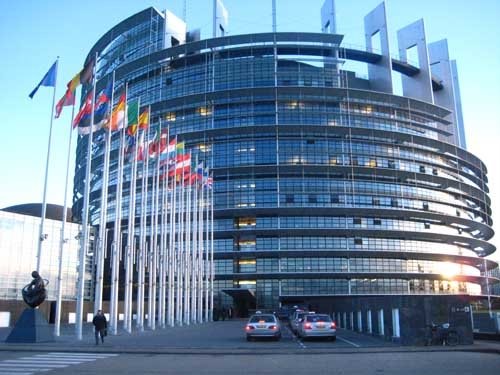Research & Studies

James M. Skelly (research fellow of iASK) gave a presentation at the conference First Year of President Trump – The Challenges & Future for Progressive Forces, in the EU Parliament (Brussels, Belgium) last week, on the 8th of November 2017.

“The Future of International Relations and Nuclear Weapons
Shortly after the attacks of 11 September 2001, the Hungarian sociologist Elemér Hankiss argued that with the attack on the World Trade Center in New York “we were suddenly and rudely confronted with the fragility of human life. And we could not avert our eyes from the terrible sight”(2001).
In truth we had been averting our eyes, but not from the horrific attack on New York, but instead we had been averting our eyes from the fragility of human life wrought by the attacks on the cities of Hiroshima and Nagasaki in Japan 56 years before the attacks of 2001. It was with those attacks in Japan that death had moved into our hearts permanently.”